Project time: 2017 – 2020
Budget: 19 905 000 kronor
Funding: SIP Produktion2030
To demonstrate the new technology with robots that enable Swedish companies to develop innovative new products for automated production o maintenance.
For Swedish vehicle industry to remain internationally competitive, it needs to be adaptable to changes in product variety and volume, as well as increasing customer needs and demands. This results in highly complex production and maintenance situations, where the increased complexity of variability and configurability must be handled. This is even more accentuated when introducing automation on a larger scale in both assembly and maintenance processes. UNIFICATION aims to deliver a general, sustainable and efficient solution for automating both assembly and maintenance operations. The proposed solution shall open up for a gradual increase level of automation independent of the facilities current state. It builds on collaborative robots working together with human operators, and where smart tools can be used interchangeably by humans and robots. To enable this scenario, it is crucial that design and maintenance engineers work together so that the products are designed for automated assembly and maintenance. The project brings together industry (AB Volvo, SETEK, AHRO), academia (Chalmers) and institute (FCC) and use case demonstration in existing industrial facilities will be used for validation, dissemination, and exploitation of the project objectives and results. The project will collaborate with existing national and international projects to enable equipment, preparation and virtual commissioning procedures, and software solutions for handling variability, to be UNIFIED.
The project aims at facilitating the implementation of Smart Maintenance through extended collaboration within the maintenance community.
2017 – 2019
The project aims to use deviation data for improving the product design and production.
2020 – 2023
To create an inventory of AI techniques for maintenance services, apply AI techniques to three industrial cases, and evaluate their economic and environmental implications.
2017 – 2019
The paintshop is often a bottleneck in production and the processes are fine-tuned based on testing on numerous prototypes. To meet the future demands there is a great need to improve the product preparation process. The aim is to develop methods, techniques and software, and supporting measurement methodology, for simulation of paint curing in IR and convective ovens. The goal is to assist the industry to further develop and optimize their surface treatment to be more energy and cost efficient; to have a shorter lead time in product development; and to give a higher product quality.
2016 – 2019
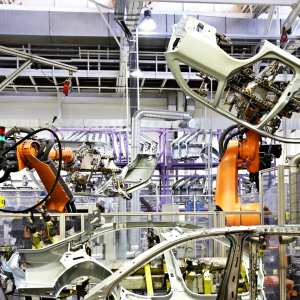
DIDAM develops and demonstrates digitalization solutions to industrialize Additive Manufacturing
2020 – 2023
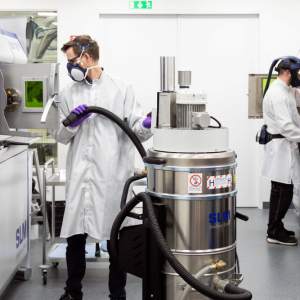
The project aims a digitising the temperatures during the casting of rolls and suggest actions to the casting manager to reduce the variability of the process
2015 – 2016
Novel methods, techniques and software for simulation of electrodeposition and galvanization processes.
2020 – 2023
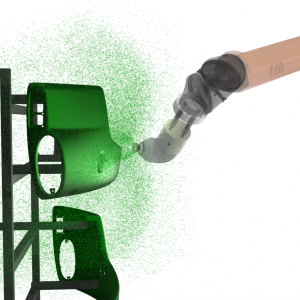
WELDVISI will create a new sensor-based assistance system for manual manufacturing with real-time cognitive feedback and documentation of parameters.
2022 – 2025
SCARCE II will develop a demonstrator to show how SMEs and associated value flows can increase efficiency, competitiveness, sustainability and internal collaboration through digitalisation. The goal is to show the value of a new digital solution. SCARCE focuses on two subcontractors in the value chain linked to Scania and Volvo. The demonstrator is a cloud-based solution that connects three test beds in the industry; Stena Industry Innovation Lab, Chalmers, RISE IVF lab, Mölndal and KTH's test bed in Södertälje with the help of Siemens, AFRY, Qbim, Virtual Manufacturing and EQPack.
2020 – 2022
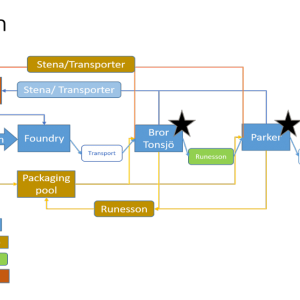
The overall goal of DiSAM is to create a unique test AM Hub in Sweden for metal and polymer based additive manufacturing processes.
2017 – 2021
The aim of the ARR project is to develop the potential of automation in repairs and remanufacturing
2018 – 2021
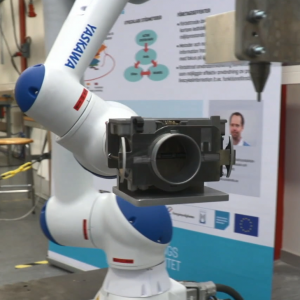
The project aims to digitalize established tools for production disturbance handling.
2018 – 2020
Methods for 3D scanned digital twins for efficient development and installation of production facilities at SMEs
2018 – 2021
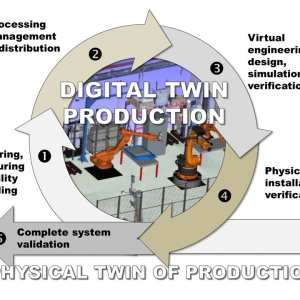
Method to understand how to automate information handling to get more efficient handling of production deviations.
2018 – 2020
MIDWEST will develop mechanisation solutions for Post-weld treatment methods of welded components.
2020 – 2023
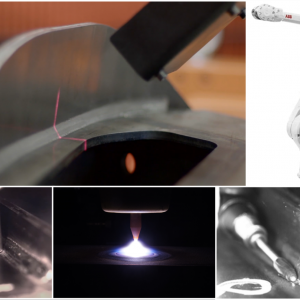
Two major disruptive trends – electrification and digitalization are changing customer preferences, leading to the probably most substantial transformation in the automotive industry we observed in decades. Finding a balance between customer’s requirements towards “zero-emission vehicle,” “connected car,” choice of materials, clarity of functions, and interface modes under the pressure of production time and cost are not easy. The AttributDo-project aims to help engineers create, define, verify and validate new and existing design features for new product development.
2021 – 2021
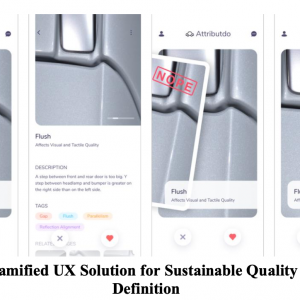
A research collaboration between Luleå University of Technology and the company RGS 90 will provide new treatment methods for three common but problematic types of waste.
2015 – 2019
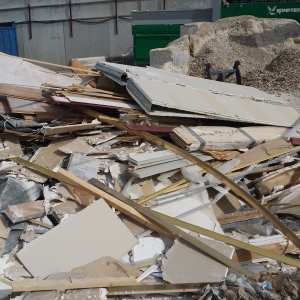
Målet var att förstå de utmaningar som den svenska och japanska industrin står inför studiebesök.
2017 – 2018
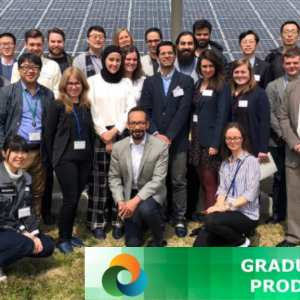
Digi-load focuses on to enhance the competitiveness in the Swedish surface treatment industry through automation and digitalization
2017 – 2020
Knowledge is needed that can support design and control of automation in material handling systems.
2019 – 2022
En hållbar batterisektor i Sverige genom effektivt underhåll av framtidens batteriproduktion.
2022 – 2023
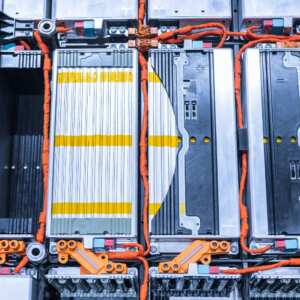
SCARCE will investigate the needs, possibilities and obstacles in value chains up- and down-stream from a focal SME company. SCARCE will explore what data to measure and visualize, and how this data can enable more automated execution, as well as, more dynamic and proactive planning of production capacity and material flows across the companies in the value chain. In addition, we will study organizational capabilities, especially the future human role, for implementing and managing in a digital and data-driven value chain.
2019 – 2019
Maintenance in existing plants is becoming increasingly important, where predictive maintenance has become an emerging technology. The use of decision support tools contributes to environmentally and economically sustainable production. Within this project, different types of digital twins have been designed and evaluated. Specifically, new predictive model types have been tested in two different industrial case studies; a heat exchanger at SSAB and a profiled header at Svenska Fönster AB.
2017 – 2018
DiVISI aims at investigating how sharing of digital information can improve the forest-forest industry value chain.
2020 – 2023
DiLAM strengthens the competitiveness of the Swedish manufacturing industry by aligning the digital and physical supply chains for additive manufacturing of large parts.
2017 – 2020
The project's goal is to assist industry enabling sustainable work for operators during assembly of wire harnesses.
2022 – 2025
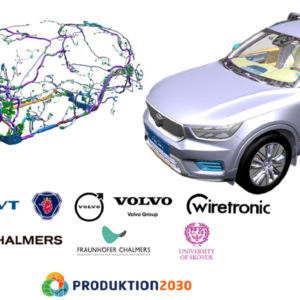
Tidsättning av manuell montering är centralt för verkstadsindustrins konkurrenskraft.
2021 – 2024
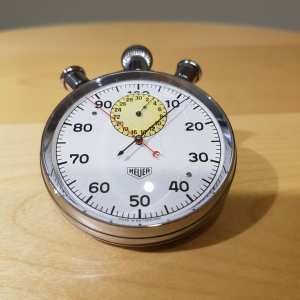
This project aims to contribute to the development of future ERP-systems. The project will explore how to offer work, redefine work roles and challenge companies to make use of advanced systems support and the technology within and around these. Overall, the project aims to contribute to the development of both the next generation of ERP-systems and a complementary change in the way firms see upon work organization, so that technology can support and meet the needs of the humans within organisations rather than enforcing structures upon them.
2019 – 2019
The project aims to reduce the lead time for sheet metal die tryout by optimizing the value stream and develop methods for numerical compensation of die and press deflections.
2017 – 2019
The objective is to bring together expertise from AI and LCE to Product/Service Systems for Swedish manufacturing firms in a multidisciplinary research effort to utilise latest techniques efficiently for Swedish production industry. The goal is to make a plan of developing demonstrators in production and maintenance using artificial intelligence techniques, digital technologies and lifecycle engineering methods
2019 – 2019
The project aims at radically improving the working environment and the employee security within the heavy manufacturing industries by using and adapting the latest technology for low and ultraprecise positioning and decision support systems. The target is to increase security and safety by adapting the decision-support and positioning system for the heavy manufacturing industries.
2017 – 2018
Developing circular production systems using digital technologies
2021 – 2024

Reduce the environmental impact of foundries by reducing the amount of sand waste using machine learning.
2023 – 2024
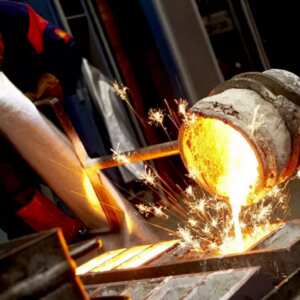
The project will develop a concept for production workers to easily build simple low-cost IoT-aided improvement solutions at the production shop floor.
2018 – 2020
Realizing the future of maintenance in battery production for a sustainable and competitive battery industry.
2023 – 2026
Recent research from Chalmers have shown that by slightly tuning robot motions, the energy use can be reduced by 10 –30%, with preserved cycle time.
2017 – 2020
Improve the efficiency of sawmills, including improved monitoring and maintenance of the production line. This by sharing data via digital twin between the actors in the maintenance chain.
2019 – 2019